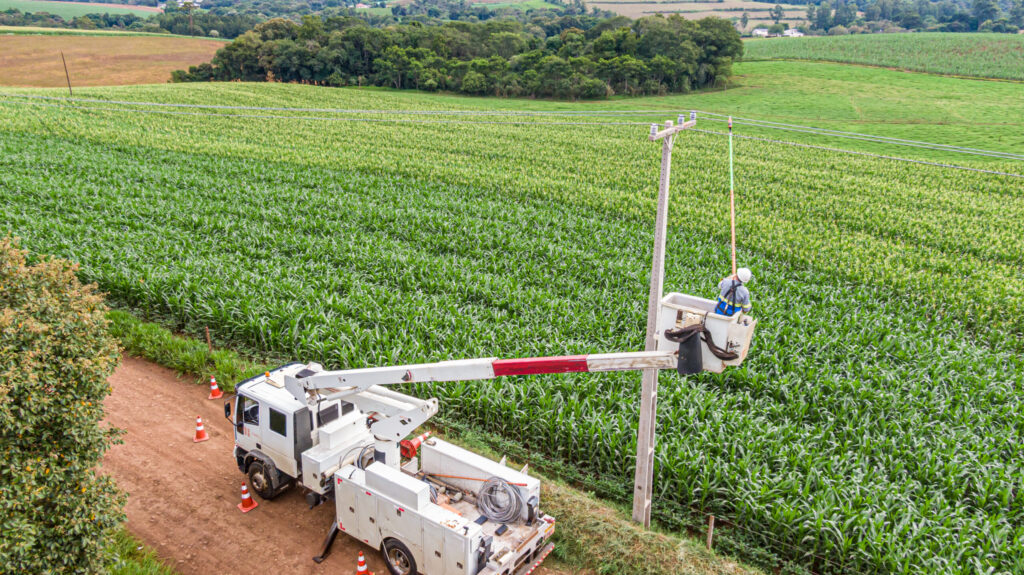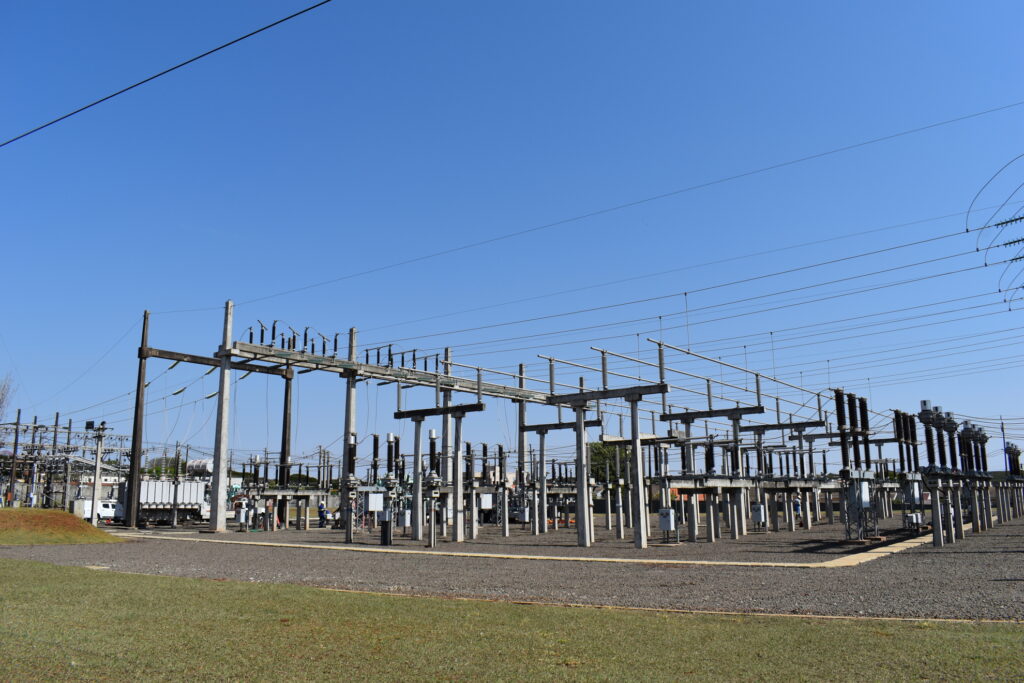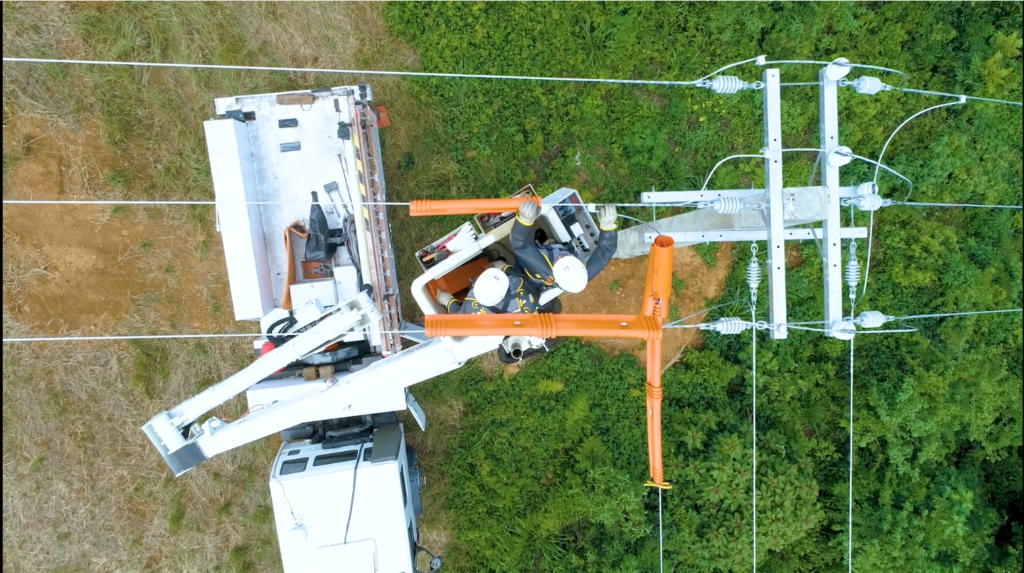Social Programs
Guided by the concept of sustainability, Copel carries out programs that reflect its socially responsible conduct. Social interest is the main focus, and strategies are built in order to achieve benefits in various social areas, such as energy and social inclusion, health, income generation, equality, socio-environmental education, among others.
The benefits of social programs directly or indirectly impact all stakeholders. The customer has the security to consume from a company committed to society, as well as partners, shareholders and investors increasingly value companies that consider the social dimension of sustainability as an inseparable part of their strategy, which favors a safe environment. for your investments and negotiation of partnerships.
Competitors and suppliers tend to improve their social performance, adapting procedures so as not to lose market share, maintain contracts or expand their operations. The environment is impacted since several programs are related to the practices assumed by social groups involved in relation to the environment.
The community, in turn, benefits directly from the improvement of the quality of life, and the expansion of socio-environmental awareness that promotes long-term benefits for the whole society; and the government have support for their public policies through various programs that help to make them operational.
Finally, the programs generally contribute to improving the company’s relationship and communication with its stakeholders, who return this in the form of trust and legitimacy. GRI 405 to 415
Social Programs at Copel
Copel executes social programs as an instrument to improve the quality of life of the population and of its employees.
Internally, the social programs grant benefits to employees, encourage the increase of education levels, promote professional ascension and provide care to health and safety of its workers.
Externally, the programs offer alternatives for public interest problems, contribution to relieve social vulnerabilities from which some segments of the population suffer.
Themes such as education, health, social inclusion and equality are also dear to the Company, which invests resources and skill toward strengthening citizenship in the context of corporate social responsibility.
Currently, its social action strategy is oriented by the 2030 United Nations Sustainable Development Agenda, which sets 17 Sustainable Development Objectives encompassing 169 goals.

Public Policy
Public policy comprehend direct or indirect activities of the State that seek to serve social interests, resolving problems of the population and ensuring rights, thus allowing for citizenship to be exercised.
They are operationalized through instruments such as plans, programs and government action, and may count on the participation of public and private sector entities. Its cycles are composed by the planning, execution, monitoring and assessment steps.
Playing its social role, Copel works in a partnership with all three levels of government, federal, state and municipal in enforcing public policy relative to the electric power industry, operationalized through programs that follow legal determinations; as well as targeting alignment of all its actions to existing public policy, in order to contribute to economic, social, environmental and cultural development of society, guided by the public interest that justified the creation of the Company. Resources destined to public policy may be the Company’s own or transferred by the government.
Public Policy Management
At Copel, public policy are operationalized through social programs, with the main purpose of expanding access to electric power, considering the socioeconomic characteristics of the population, as well as the specifics and the demands of urban and rural areas.
These programs meet legal determinations and are monitored by the company through data such as target audience, amounts invested, number of beneficiaries, regions served, impacts and results met.
Copel Distribuição, given the characteristics of its business, keeps control of almost the entirety of the indicators of each of the programs, where the lowest volume remains under control of other subsidiaries of the group.
Copel Holding, also given the nature of its activities, monitors the theme of public policy in the scope of Corporate Sustainability, keeping a dialog with management teams of wholly-owned subsidiaries for monitoring and external reporting of data, meeting its commitment with transparency with its stakeholders.


Government Programs
Copel executes government programs of a social nature as an instrument for operationalizing public policy, whose main purpose is expanding access to electric power, considering the socioeconomic characteristics of the population, as well as the specifics and demands of both the urban and the rural areas.

Infrastructure Programs
Copel’s infrastructure programs in generation, transmission and distribution have a direct impact on the quality of life of citizens. Between 2019 and 2025, Copel intends to conclude three major programs for the modernization of Copel’s distribution networks: the Paraná Trifásico, the Redes Elétricas Inteligentes (Smart Grid) and the Confiabilidade Total.


Total Reliability
Started in 2020, the Total Reliability Project focuses on the use of new technologies for operating the distribution system, covering: improved communication with field teams, automation of all special equipment installed in the distribution network, the implementation of substations (SEs) or key stations (ECs) in all municipalities, the elimination of radialities by implementing automatic transfer in all substations and the implementation of autonomous reconfiguration (self-healing) in feeders with more than 3,000 consumers.
Paraná Trifásico Program
The Paraná Three-Phase Program was launched at the end of 2019, in partnership with the State Government. Covering the construction of new networks and automation systems, totaling new 25 thousand kilometres of three-phase networks. Focused on improving service to the rural areas of the State of Paraná, it will promote increased quality of supply and agility in the restoration of services after interruptions.


Smart Grid
The application of technology for smart grids began to be carried out in Copel through pilot projects such as the Paraná Smart Grid Project, developed in a small region of Curitiba and the Smart Grid Ipiranga Project, which served with smart grid the municipality of Ipiranga, totaling 5250 consumer units. From the year 2019, Copel started the planning of the technology expansion project that deals with the massive application of smart meters and communication network for these meters and distribution automation equipment, such project was named as Smart Grid Paraná.




